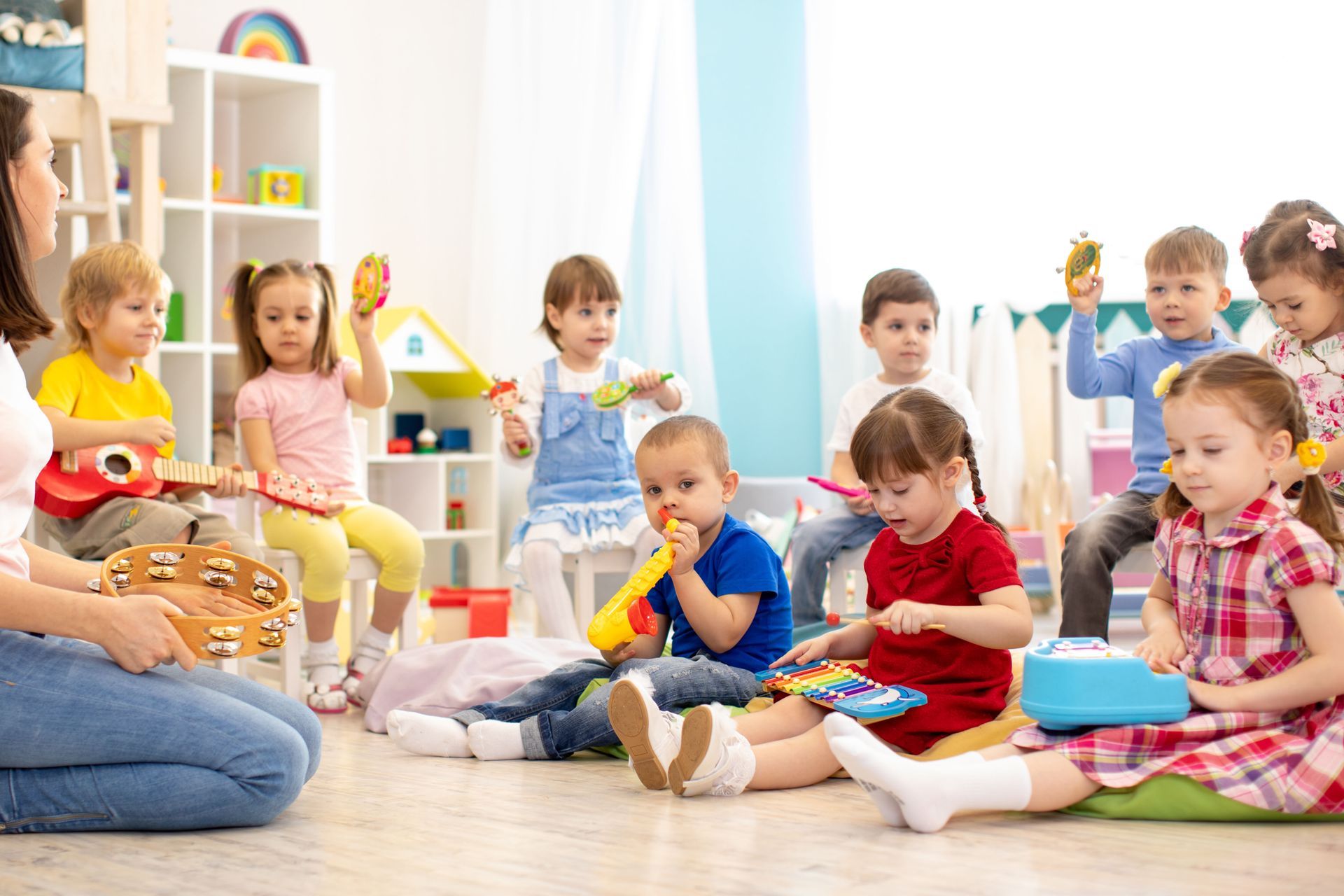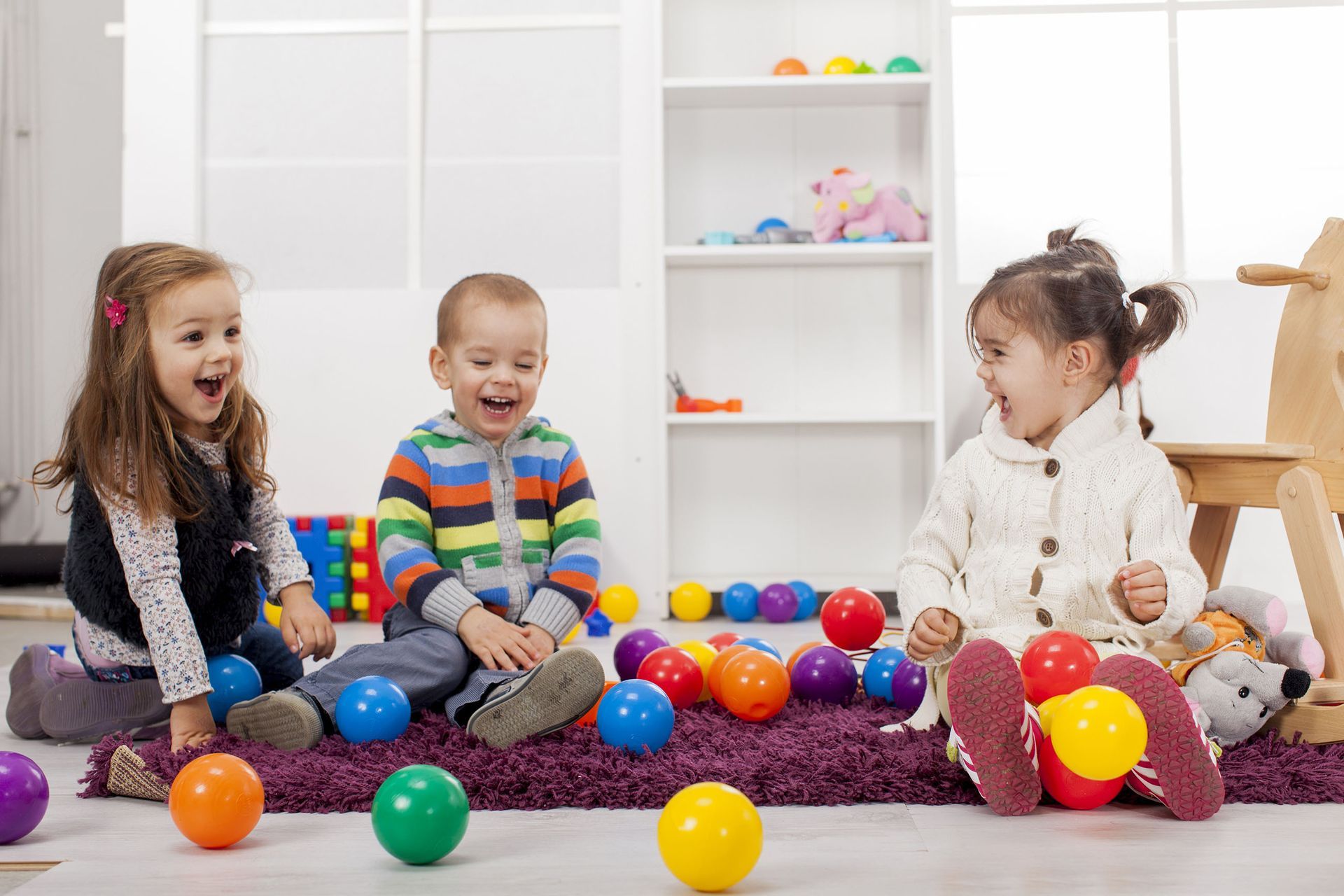5 Questions to Ask Before Choosing a Daycare Center
Choosing the right daycare center for your child is one of the most important decisions you can make as a parent. With so many options available, it can be overwhelming to determine which facility will best meet your child’s developmental, emotional, and safety needs. Finding a daycare that aligns with your values, parenting style, and schedule requires careful research and thoughtful questions. Asking the right questions not only ensures your child will thrive in a safe and nurturing environment but also gives you peace of mind knowing your little one is in capable hands.
Discover five crucial questions every guardian should ask when evaluating a childcare center. These questions are designed to help you assess the facility’s quality, staff qualifications, and overall environment, ultimately guiding you to the best choice for your family.
1. What Are the Staff Qualifications and Ratios?
The first question to ask when choosing a daycare is about the qualifications of the staff. Highly trained and experienced caregivers are essential to a child’s growth and development. Ask about the educational backgrounds of teachers, certifications in early childhood education, and ongoing professional development programs. Well-trained staff are better equipped to handle the challenges of managing a classroom, addressing behavioral issues, and supporting your child’s social and emotional development.
In addition to qualifications, inquire about staff-to-child ratios. Low ratios allow caregivers to give more individualized attention, which is critical for a child’s safety and learning. Licensing regulations in most states set minimum ratios, but top-notch childcare centers often exceed these requirements. For instance, in an infant room, a ratio of one caregiver for every three or four infants ensures your child receives consistent attention and care. Understanding these metrics can help you gauge whether the daycare has the resources to provide quality care.
Another important consideration is staff retention. High turnover can disrupt your child’s sense of stability and attachment. Ask how long teachers typically stay at the center and whether there are mentorship or support programs for new staff. A daycare center that invests in its employees’ growth and well-being is likely to offer a more consistent and nurturing environment for children.
2. What Is the Daily Schedule and Curriculum?
A structured daily schedule and curriculum are key indicators of a quality daycare. Ask how the day is organized and what types of activities are included. Look for programs that balance free play, structured learning, outdoor time, and rest. A strong curriculum should promote cognitive, physical, social, and emotional development while allowing children to explore their interests.
Ask about enrichment activities such as music, art, or foreign language exposure. While academic preparation may be important, a daycare center should also focus on fostering creativity, curiosity, and social skills. The consistency of the daily routine is another consideration: children thrive in environments where expectations are predictable and transitions between activities are smooth. By understanding the schedule and curriculum, you can ensure that your child will be engaged and stimulated throughout the day.
Ask how individualized learning is approached. Some daycares tailor activities to meet each child’s developmental stage, while others use a more generalized approach. Personalized attention can help children develop confidence, encourage problem-solving, and foster a love of learning from an early age.
3. How Do You Handle Safety and Health?
Safety is a top priority when evaluating a childcare center. Ask detailed questions about security measures, emergency protocols, and health policies. For example, inquire whether the facility requires background checks for all staff members and whether visitors must sign in and out. Additionally, ask how the daycare center handles illnesses and vaccinations to prevent the spread of germs among children.
It’s also important to observe the cleanliness of the facility. Classrooms, play areas, and restrooms should be well-maintained and sanitized regularly. A safe environment isn’t just about physical protection; it also involves emotional security. Ask how staff manage conflicts among children, support positive behavior, and foster a sense of belonging. According to IBISWorld, the U.S. daycare industry employs around 1,532,222 individuals, highlighting the scale of professional involvement and the critical role trained staff play in maintaining a safe, nurturing environment.
Furthermore, check whether the center offers staff training in first aid and CPR. Quick and knowledgeable responses in emergencies can make a significant difference. A daycare that prioritizes both prevention and emergency preparedness demonstrates a strong commitment to the well-being of every child in its care.
4. What's the Communication Policy With Parents?
Effective communication between the daycare and parents is essential for a child’s well-being. Ask how staff keep parents informed about daily activities, milestones, and any concerns that arise. Many daycares use digital apps to provide updates, photos, and reports on children’s progress, while others may prefer traditional daily sheets or in-person conferences.
Understanding the communication policy will help you feel connected to your child’s experience, even when you are not physically present. Ask about how the daycare center handles emergencies, disciplinary issues, or changes in routine. Facilities that prioritize open, transparent communication demonstrate professionalism and a commitment to partnership with families. Strong parent-staff communication also fosters trust, which is essential when entrusting your child to someone else’s care for several hours each day.
It’s also helpful to ask about opportunities for parent involvement. Some centers offer volunteer days, parent-teacher meetings, or family events. Engaging with your child’s daycare community can strengthen the parent-provider relationship and give you additional insight into how your child is thriving in their environment.
5. What Are the Fees and Enrollment Policies?
While the quality of care should be your primary focus, it’s important to understand the financial and logistical aspects of a childcare center. Ask about tuition rates, payment schedules, and whether additional fees apply for meals, activities, or late pickups. Some centers offer discounts for siblings or multi-day enrollment, which may help manage costs.
Inquire about enrollment policies, such as waitlists, deposit requirements, and notice periods for withdrawal. Understanding these details helps prevent surprises and ensures you can plan your budget effectively. The most expensive childcare center isn’t always the best, and an affordable option isn’t necessarily low-quality. Carefully comparing fees, policies, and services can help you identify a daycare center that provides excellent care while fitting within your financial framework.
You should also consider the center’s flexibility. Life can be unpredictable, and childcare needs may change. Ask whether part-time schedules, drop-in care, or extended hours are available. A childcare center that accommodates families’ diverse needs can provide long-term convenience and stability.
Selecting a daycare is a decision that requires careful consideration, research, and questioning. By asking about staff qualifications and ratios, daily schedules and curriculum, safety and health measures, communication policies, and fees and enrollment requirements, parents can make an informed choice that benefits both their child and family. A quality daycare does more than supervise children: it nurtures their growth, encourages socialization, and creates a safe, stimulating environment where they can thrive.
Choosing the right daycare may take time, but the effort is worthwhile. Visiting multiple facilities, observing interactions, and asking detailed questions can provide a clear picture of where your child will flourish. The ideal childcare center is one that not only meets your practical needs but also aligns with your values, providing a foundation for your child’s early learning and development.
Give your little one a safe and nurturing start at Joyland Preschool/Childcare. Contact us today to learn why our daycare center is the perfect place for your little one to grow, play, and thrive.




Share On: